The Big Question Is: Does the Cosmos Leave Space for God?
On the street there’s a mixture of confusion and assumption. Out there, it is mostly assumed that with every scientific breakthrough, God is more and more redundant. Yet instinctively, the vast majority of people in the world feel “there must be something”. Well, is there? What’s the evidence? That’s the territory of The God Question series. Atheists – and especially the group now called the New Atheists – are naturally certain about God. In this programme, Richard Dawkins claims that science has replaced religion as a way of answering the deep questions of life. Oxford University chemistry professor Peter Atkins puts it more directly: “God is a lie.” Fighting for God, Oxford professor of mathematics and philosopher of science John Lennox argues that “‘God or science’ is a false alternative.”
Viewers will be fascinated by the gladiatorial punch and counter punch in the programme but what is the real evidence and where does it point? God’s existence can never be proved but, on the other hand, can we draw a conclusion from the balance of probability? We begin to test this possibility with a journey into the Cosmos, where we ask ‘does it leave space for God’? According to Nobel Prize winner Steven Weinberg, science is “as certain as anything” that the universe began with the phenomenon nicknamed “The Big Bang”. BUT:
It’s hard to see more than two interpretations of the facts. Either there is a mind behind the universe or its – and our - existence is the result of cosmic good fortune. But which one is true? In an open-ended way, that’s what The Cosmos and The God Question will help you explore.
- Where did it come from and how could order emerge from the chaos of an explosion?
- How did the elements crucial for life form in the first three minutes and why was that precise timing so very important for us?
- How did stars and planets form from gas and dust left over from the big bang?
- Why is the universe governed by laws that are so predictable and consistent that they can be described by mathematics?
- What is meant by fine tuning and why is it so crucial for life on earth?
Programme Contributors
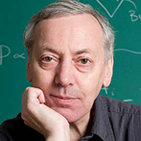
Prof Alexander Vilenkin
Theoretical physicist who has been working in the field of...Learn More

Dr Belinda Wilkes
Senior astrophysicist at the Smithsonian Observatory and...Learn More
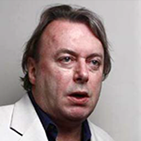
Christopher Hitchens
The late journalist, public speaker and Author of God Is...Learn More
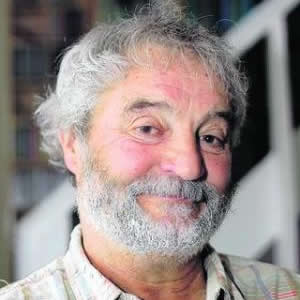
Colin Tudge
A British scientist and journalist. He has written books on...Learn More
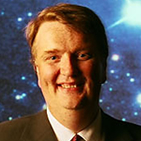
Rev Prof David Wilkinson
Astrophysicist and theologian, he is author of several...Learn More
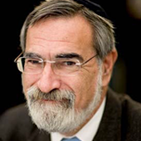
Former Chief Rabbi Lord Sacks
One of the most respected figures of the British...Learn More
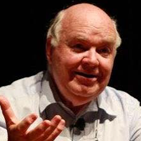
Prof John Lennox
Oxford Professor of Mathematics and Philosopher of Science,...Learn More
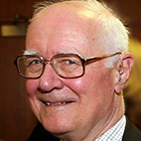
Rev Dr John Polkinghorne
Writer, Anglican Priest, former Professor of Mathematical...Learn More
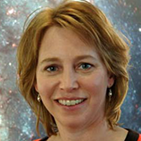
Dr Kimberly Weaver
Astrophysicist at NASA Goddard Space Flight Center. An...Learn More
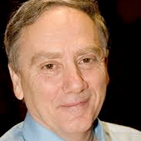
Dr Mario Livio
Senior Astrophysicist at the Space Telescope Science...Learn More
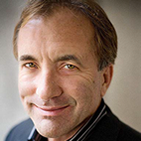
Dr Michael Shermer
Founding Publisher and Executive Director of the Skeptics...Learn More
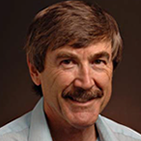
Dr Paul Davies
Paul Davies is a cosmologist, writer and broadcaster as...Learn More
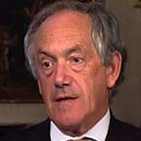
Prof Peter Atkins
Former Professor of Chemistry, University of Oxford. An...Learn More
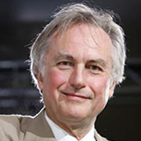
Prof Richard Dawkins
The world’s most famous contemporary atheist, he is the...Learn More
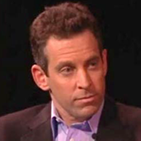
Sam Harris
Author and contemporary critic of religion. A proponent of...Learn More
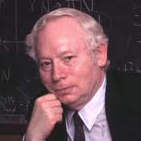
Prof Steven Weinberg
American theoretical physicist and Nobel laureate in...Learn More
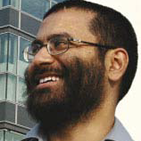
Dr Usama Hasan
A controversial scientist within the Muslim community, he...Learn More
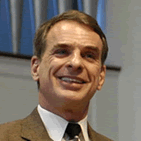
Prof William Lane Craig
Christian apologist, theologian and philosopher, he is the...Learn More
To help viewers determine a contributor's stance on the topics discussed within The God Question, we have introduced a series-wide colour coding scheme; Theists, Atheists and Neutral Contributors.
